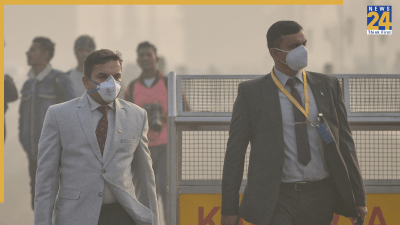Mental health is a critical aspect of overall well-being, and recognizing the signs of depression is essential for seeking help and support. Depression is a common mental health condition that affects millions of people worldwide.
Here are ten signs that may indicate you are experiencing depression:
Persistent Sadness: Feeling persistently sad, down, or experiencing a low mood for an extended period, often without an apparent reason.
Loss of Interest: Losing interest or pleasure in activities you once enjoyed, such as hobbies, socializing, or personal interests.
Fatigue and Low Energy: Feeling constantly tired, even after a good night’s sleep, and lacking the energy to perform daily tasks.
Changes in Sleep Patterns: Experiencing disruptions in your sleep, such as insomnia or oversleeping, and having difficulty falling or staying asleep.
Weight or Appetite Changes: Significant changes in appetite, leading to noticeable weight gain or loss within a short period.
Read More: World Mental Health Day: The Profound Impact Of Parents On Their Child’s Mental Health
Difficulty Concentrating: Finding it hard to concentrate, make decisions, or remember details, even with tasks you previously managed easily.
Feelings of Guilt or Worthlessness: Persistent feelings of guilt, self-blame, or worthlessness, often accompanied by self-critical thoughts.
Isolation and Withdrawal: Withdrawing from social activities, distancing yourself from friends and family, or feeling a sense of isolation.
Physical Symptoms: Experiencing physical symptoms such as headaches, stomachaches, or unexplained aches and pains that do not respond to treatment.
Thoughts of Self-Harm or Suicide: Having thoughts of self-harm, suicide, or a desire to end your life. If you or someone you know is in crisis, seek immediate help from a mental health professional or a crisis hotline.
It’s essential to remember that experiencing one or more of these signs does not necessarily mean you have depression. However, if you or someone you know is struggling with these symptoms, it’s crucial to reach out for support. Depression is treatable, and seeking help from a mental health professional can make a significant difference in managing and overcoming it. Don’t hesitate to reach out to friends, family, or a healthcare provider if you recognize these signs in yourself or someone else.













